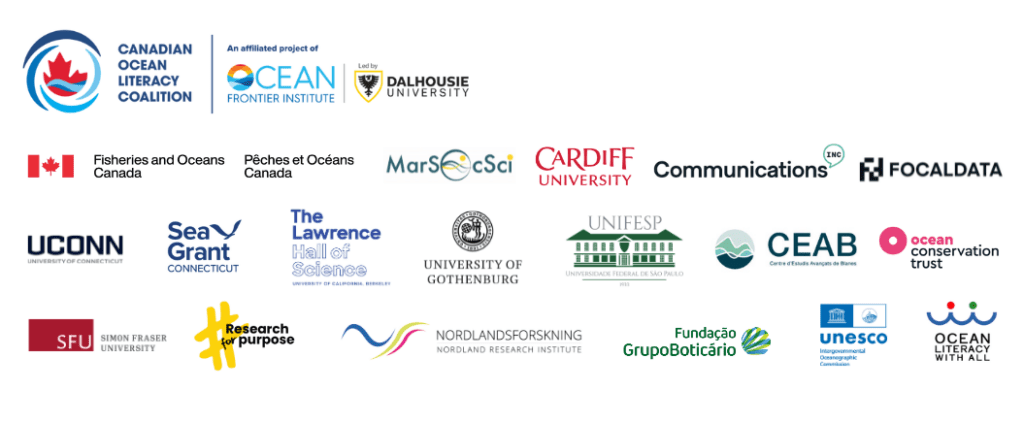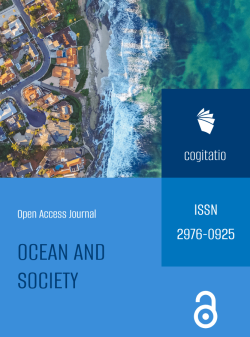ocean & Society survey
The Ocean & Society Survey (OSS) is a collaborative research tool designed to answer two key questions:
1. How do people around the world connect with and value the ocean?
2. What influences peoples’ interests and concerns with the ocean, and their willingness and capacity to take action?
Why is the OSS needed?
1. Our Mission:
Putting People
at the Heart of Solutions
The threats facing the ocean are driven by human activity, and only people can solve them. Our mission is to place people at the center of solutions for ocean health by fostering a society that understands, values, and acts for the ocean.
Achieving a healthy ocean requires more than science and policy; it demands a deep shift in public perception and behavior. As highlighted in Challenge 10, we must restore society’s relationship with the ocean by building connections, strengthening motivations, and increasing the capacities and opportunities for everyone to take part.
2. Our Approach: Understanding People at the Heart of Our Approach
Ocean literacy and strategic communications both place people at the heart of solutions. Through an informed, collaborative and evidence-based approach, together we can inform decisions, inspire action, and build the public will needed to drive systemic change.
Both the ocean literacy and strat comms communities recognise that the data provided by the OSS, as well as other public perception research and tools, can provide a path for action, equipping us with the evidence-base required to design more targeted, impactful interventions and providing a shared measurement of effect.
3. Our Shared Objective: Building the Public Will to Drive Systemic Change
Ocean challenges are people challenges. To design effective ocean literacy and communication efforts, we must understand how people connect with, value, and act for the ocean and all waterways leading to it. While understanding the ocean itself is crucial for developing impactful solutions, equally important is understanding the human connection to it.
The Ocean and Society Survey is a first-of-its-kind tool for ocean practitioners to understand how people across the world think and feel about the ocean. We must leverage this exciting new knowledge to create more targeted, effective and measurable initiatives.
The above key messages were prepared by OISU and COLC for a presentation at the UN Ocean Conference in Nice, France in June 2025.
WHAT IS THE GOAL?
- To administer the survey in as many countries as possible by 2030.
- To generate baseline, country-level data to track changes in how people understand, value, and/or engage with the ocean over time.
WHY DOES IT MATTER?
By understanding the connections between people and the ocean, we can better identify what motivates peoples’ behaviour, what helps them take action, and what might get in the way. These insights can help guide, for example, ocean communication strategies, effective community engagement practices, and broader ocean decision-making and investments in ways that consider peoples’ lived experiences and realities.
Who is it for?
The survey is designed to support the interests of a wide range of users – such as ocean researchers, communicators, educators, business and industry professionals, decision and policy makers.
✔ Organizations & Nonprofits
✔ Community Practitioners
✔ Academic Institutions
✔ Governments & Agencies
✔ Businesses & Foundations
The survey is tailored to respondents age 18 years and older, and it can be adapted for various cultures, languages, and contexts.
For examples of how various ocean stakeholders can use the tool, see Using OSS data
How can OSS data increase your impact?
When combined with other data-sets, knowledge, experience, and expertise, the OSS tool can be applied to support progress toward a healthy ocean.
1. Establish Baseline Metrics
Use the OSS to benchmark public opinion and track progress over time.
Why it matters: Without baseline data, it’s nearly impossible to demonstrate cumulative impact or refine strategy. The OSS data captures current public understanding, attitudes, and behaviours regarding ocean health and conservation, establishing an essential starting point for measuring change. When the survey is repeated in the future, baseline measurements can be used to track changing attitudes over time.
EXAMPLE:
2. Generate Insights for Campaign Development
Use the OSS to design smarter, more resonant campaigns.
Why it matters: Data from the OSS helps identify who to target, what to say, how to say it, and where to say it. Through revealing audience information sources, emotional connections to the ocean, willingness to change behaviours, as well as motivations, barriers, and incentives to change, it provides valuable insights for campaign design. Similarly, questions about who the public trusts to take ocean action can be used to guide decisions about campaign messengers.
EXAMPLE:
3. Drive Headline Messaging and Advocacy Engagement
Use the OSS to craft compelling messages and media hooks to influence policy.
Why it matters: Public ocean perception research and resultant data can help drive media engagement and craft headlines by showing public levels of concern about ocean health and their support for relevant action. This data gives an evidence-based narrative that cuts through the noise and resonates in press, policy, and public spaces.
EXAMPLE:
Latest Publication!
Learn how and why the OSS was co-created and the role it serves.
“How we frame global challenges can result in paralysis or mobilization of the action needed to address them. By reframing challenges facing the ocean, pathways for public engagement and people‐driven solutions become paramount.”
The Ocean & Society Survey is a collaborative initiative by an international and multi‐sectoral team of partners to directly respond .to this call.
Citation: McRuer, J., Glithero, D. L., McKinley, E., Pagès, J. F., Fauville, G., Morris-Webb, E., Hart, N., Strang, C., Christofoletti, R., Pinheiro, B., Payne, D. L., Lindoso, V., Machado Martins, I., Hulme, S., Grainger, E., Bridge, N., Zandvliet, D., Bumbeer, J., Shellock, R., Bueno Fernandes, M. (2025). Co-designing the Ocean & Society Survey–A Global Tool for Understanding People-Ocean Connections and Mobilizing Ocean Action. Ocean & Society, 2. https://doi.org/10.17645/oas.9809
OSS Coordination and co-design partners
Coordination
- Canadian Ocean Literacy Coalition (Dalhousie University) – Jen McRuer and Diz Glithero
Co-Design Partners
- Centre d’Estudis Avançats de Blanes (CEAB-CSIC) – Jordi F. Pagès
- Communications INC – Natalie Hart, Sophie Hulme, and Brittney Francis
- Connecticut Sea Grant and University of Connecticut – Diana Payne
- Fundaçäo Grupo Boticário – Janaina Bumbeer
- Instituto do Mar–Universidade Federal de São Paulo – Ronaldo Christofoletti and Ivan Machado Martins (early contributions from Bárbara Pinheiro and Marilia Bueno Fernandes)
- Lawrence Hall of Science – Craig Strang
- MarSocSci and Cardiff University – Emma McKinley
- Ocean Conservation Trust – Nicola Bridge
- Nordlandsforskning, Nordland Research Institute – Liz Morris-Webb
- Research for Purpose Ltd – Vinicius Lindoso
- Simon Fraser University – David Zandvliet
- University of Gothenburg – Géraldine Fauville

learn more and get involved
Contact us with any questions: jen@colcoalition.ca
Copyright © Canadian Ocean Literacy Coalition 2025


